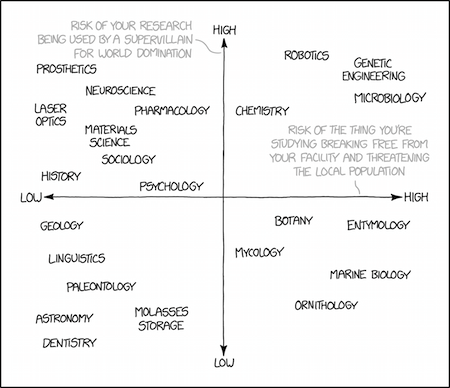Gender distinction in languages
[This is a guest post by Krista Ryu]
It may be true that the problem of gender inequality is more severe in East Asian countries than in European countries. However, in terms of languages, Indo-European languages actually distinguish genders while East Asian languages traditionally do not.
Read the rest of this entry »



